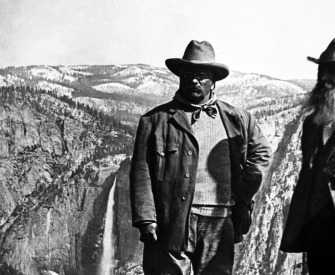Water is one of the four elements, lighter than earth, heavier than fire and air.
But this water which is here among us in rivers, ponds, springs, floods, and seas be no pure waters, for they be mingled with sundry airs, corruptions, grossness, and saltiness, notwithstanding in all our meats and drinks, water is used, and among all living creatures cannot be forborne, among man, beast, fish, foul, herb, and grass. And as Avicenna said, clay water is pure, for clay cleans the water and is better than water that runs over gravel, or stones, so that it be pure clay, void of corruption. Also, waters running toward the east be pure, coming out of hard stone rocks, and a pint of that water is lighter than a pint of the standing water of wells or pools. The lighter the water, the better it is. Also, water that is put in wine, etc., ought first to be sodden [boiled] so the fire does cleanse it from corruption. Standing waters, and water running near unto cities and towns, or marsh ground, woods, and fens be ever full of corruption because there is so much filth in them of carrions and rotten dung, etc. Ice and snow waters be very gross and be hurtful to the bodies of men and beasts. To drink cold water is evil, for it will stop the body and engender melancholy. Salt water helps a man from scabs, itch, and moist humors, it kills lice, and wastes blood between the skin and the flesh, but it is most hurtful to the stomach, but the vapor and smoke of it is good for them that have the dropsy.
From The Government of Health. Born on the Isle of Ely around 1515 to a family that may have been related to Anne Boleyn, Bullein began practicing as a physician in 1554 after resigning a rectorship due to his fervent Protestantism. He dedicated this medical text to his patron, Baron Thomas Hilton, in a note attacking those who slander physicians as poisoners. Shortly after the book’s publication, Hilton died. Bullein married the baron’s widow; he was promptly accused of poisoning his former benefactor.
Back to Issue


